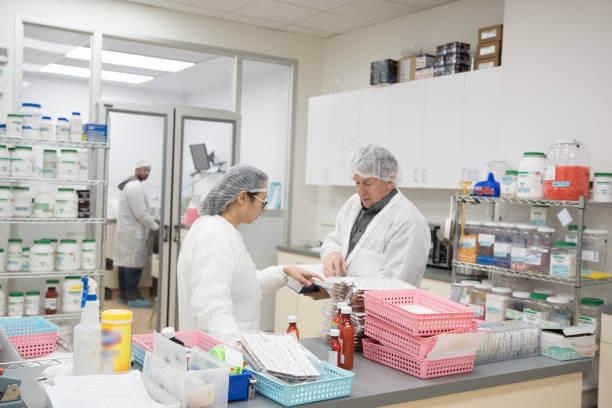Compounding Pharmacies: What Patients Need to Know

You or someone in your family needs a tricky prescription filled, and your physician suggests that a compounding pharmacy might be the way to go. What’s that? Unlike the usual pharmacy, which takes drugs that are provided in their final form by manufacturers and uses them to fill prescriptions, compounding pharmacies specialize in custom-made prescriptions.
There’s a very real need for such services, particularly among patients with complex medical conditions and tricky allergies or sensitivities to certain binders and dyes that are used in many common pills. Unfortunately, compounding pharmacies can also put patients in serious danger when they aren’t operated correctly.
A 2012 Outbreak Highlighted the Risks of Compounding Pharmacies
Before 2012, many people hadn’t heard of compounding pharmacies unless they used one. That all changed when the New England Compounding Center (NECC) in Massachusetts sent out thousands of contaminated steroid injections to pain clinics throughout the nation. This created an outbreak of bacterial meningitis that ultimately killed more than 100 people and injured many others.
Ultimately, the NECC compounding facility was found to be so poorly run that some of the head people involved were sentenced to jail for their roles in what happened. Since then, compounding pharmacies have faced new rules and regulations – but that doesn’t mean the problems are over.
Before you use a compounding pharmacy, you should keep in mind the following information:
- Compounded drugs are not approved by the Food and Drug Administration (FDA). That means the FDA cannot speak to the quality, safety or even the usefulness of a specific compounded drug.
- Many compounding pharmacies still struggle with sterilization procedures, and unsanitary conditions can cause cross-contamination of dangerous drugs or lead to other problems like what happened in 2012.
- The skill of one compounding pharmacist may not be on level with the skill of another, which means that the quality of a compounded drug may vary even from one refill to another.
If you must use a compounding pharmacy, be cautious. Try to stick with a local compounding pharmacy you trust.
Defective drugs come in all shapes and sizes – and from all kinds of places. “Custom made” doesn’t necessarily make a drug safer. If you’ve been injured by a defective drug, find out more about your legal options.



